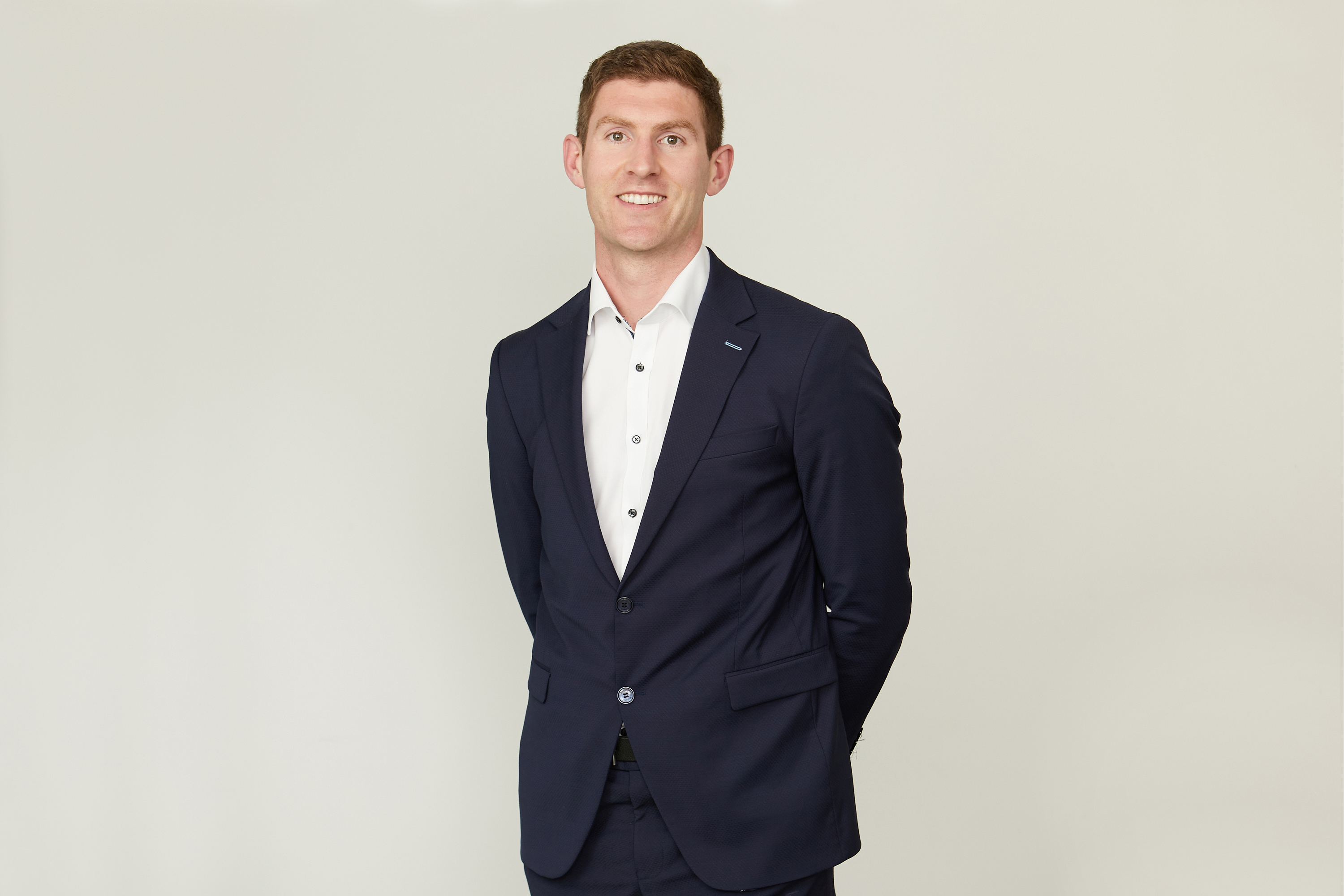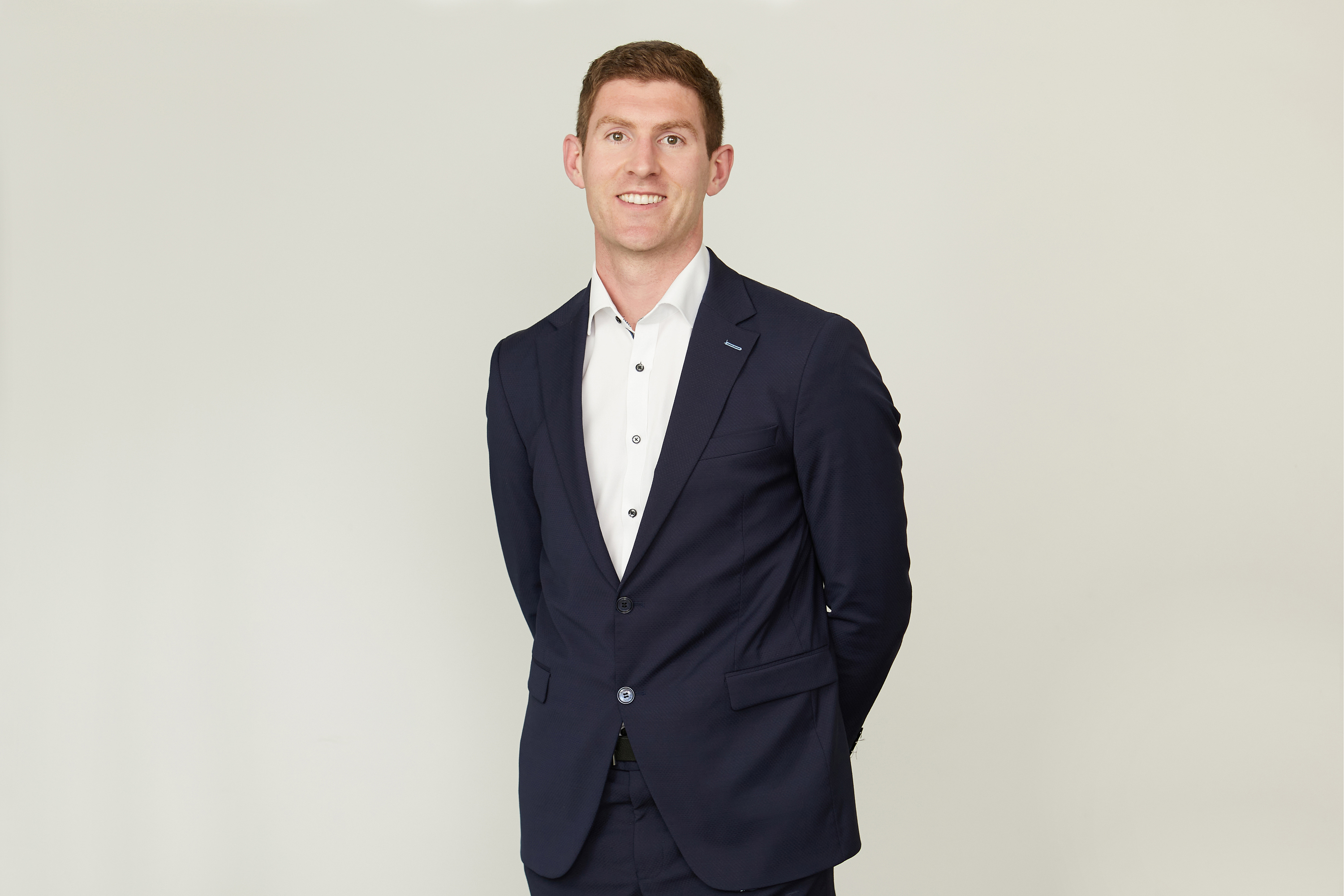
Paddy Murphy
Managing Associate | Legal
Ireland

Paddy Murphy
Managing Associate
Ireland
No Content Set
Exception:
Website.Models.ViewModels.Components.General.Banners.BannerComponentVm
It's the long awaited week of the Olympic Games opening in Paris this Friday. With strict guidelines for all Olympic athletes and sponsors, we examine Rule 40 of the Olympic Charter and associated International Olympic Committee (IOC) guidance. This should be considered by all parties when implementing advertising campaigns before, during or after the Olympic Games.
Rule 40 of the Olympic Charter establishes the principle that Olympic athletes are not permitted to allow their name, image or sporting performance to be used in advertising during the Games Period (18 July – 13 August 2024). The rationale for Rule 40 is to protect the rights of official Olympic sponsors, who have paid to use the Olympic intellectual property to showcase their respective brands.
This in turn protects the value of the licencing of Olympic intellectual property thereby protecting the revenue generated by the IOC from the Olympic Games. The International Paralympic Committee apply a similar principle in respect of the Paralympic Games. Since the Tokyo 2020 Olympics athletes have been granted more latitude to leverage their personal sponsorships.
The application of Rule 40 has been an issue for athletes who are not sponsored by Olympic sponsors since it limits that athlete's ability to capitalise on the peak moment of visibility and endorsement opportunities during the Olympic Games. That restriction reduces the value of athlete sponsorship for the brand and, in turn, the commercial opportunities for the athlete. Each National Olympic Committee (NOC) is responsible for implementing its own guidelines in respect of Rule 40 within its own jurisdiction and for overseeing compliance with those guidelines. The NOC for Ireland is the Olympic Federation of Ireland.
In 2019, the Bundeskartellamt, the German competition authority, made a preliminary assessment that the application of Rule 40 in Germany by the German National Olympic Committee (DOSB) and the IOC constituted abuse of a dominant position, in breach of competition law. Following that assessment, the IOC and DOSB committed to relaxing the rules for German athletes. In the same year, a number of leading British athletes, including Mo Farah, Laura Muir and Katarina Johnson-Thompson, threatened legal action against the British Olympic Association (BOA) asserting that the BOA guidelines on Rule 40 were anti-competitive.
Following the Bundeskartellamt decision and in advance of the Tokyo Olympics 2020 (held in 2021), the IOC amended Rule 40.3 to allow athletes to promote their sponsors and allow sponsors to use athlete images during the Games Period, subject to prescribed principles. The IOC has produced Key Principles of Rule 40 for Athletes at the Olympic Games Paris 2024 (Rule 40 Key Principles).
Unsurprisingly, Olympic sponsors have wide latitude to use athlete images for advertising campaigns during the Olympic Games.
The Rule 40 Key Principles also now permit advertising by athletes and their non-Olympic sponsors, such as a thank you message from athletes, and advertising campaigns by the non-Olympic sponsor, subject to various requirements and restrictions as set out in the Rule 40 Key Principles, including:
Athletes have more commercial opportunities to capitalise on their performance at the Olympic Games, giving freedom and protection to their long-term sponsorships, ensuring that they can derive financial benefit from their achievements.
Non-Olympic sponsors can capitalise on their success in qualifying and performing in the Olympic Games, often the pinnacle moment in their career. Athletes and non-Olympic sponsors should ensure that they are familiar with the Rule 40 Key Principles before activating any advertising campaigns around the Olympic Games.
Ogier is the leading sports law firm in Ireland. For more information on our services please contact a member of our team via their contact details below.
Ogier is a professional services firm with the knowledge and expertise to handle the most demanding and complex transactions and provide expert, efficient and cost-effective services to all our clients. We regularly win awards for the quality of our client service, our work and our people.
This client briefing has been prepared for clients and professional associates of Ogier. The information and expressions of opinion which it contains are not intended to be a comprehensive study or to provide legal advice and should not be treated as a substitute for specific advice concerning individual situations.
Regulatory information can be found under Legal Notice
Sign up to receive updates and newsletters from us.
Sign up
No Content Set
Exception:
Website.Models.ViewModels.Blocks.SiteBlocks.CookiePolicySiteBlockVm